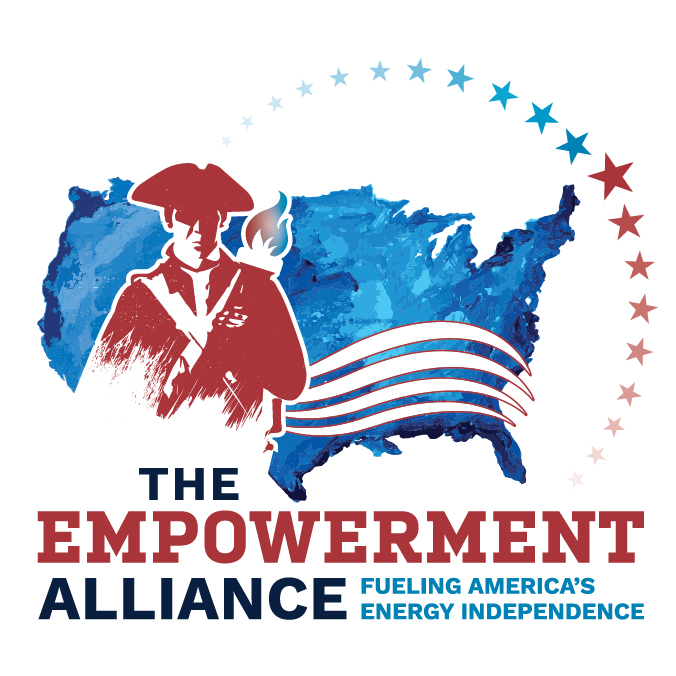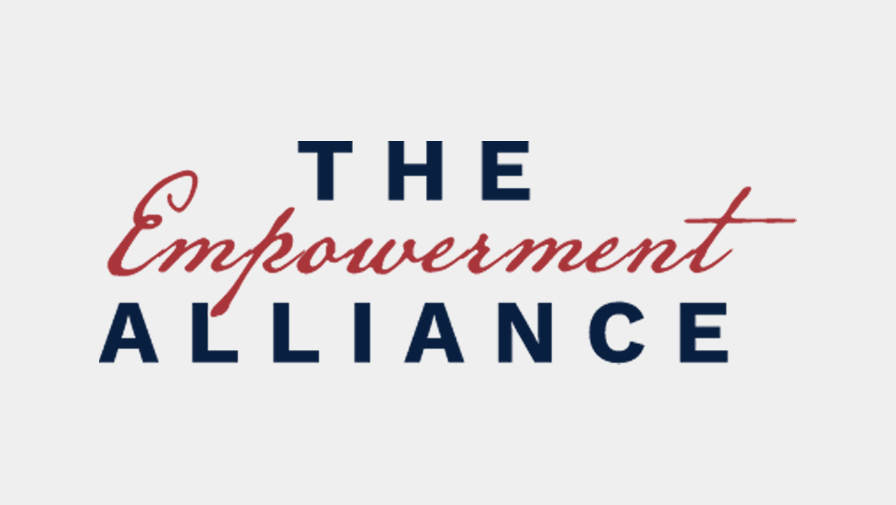Learn

Newsletter
Biden said no new drilling, and meant it
November 10th, 2023

- Stay up to date on all things energy by visiting the TEA Newsroom.
- Natural Gas CARES: It is the world’s Cleanest, Affordable,
Reliable Energy Source. - The GOP climate bill looks to spark carbon tariff talks.
- Here’s who wants to run the country’s $14B ‘green bank’
- Offshore wind project cancellations jeopardize Biden’s clean energy goals.
- Biden wants more hydrogen, carbon capture within a decade, but is the technology ready?
- Taxpayers are subsidizing rich EV owners — to the tune of billions.
- Top energy regulator warns fossil fuel terminal shutdown could jeopardize heat.

The issue: The House passes a bill to harden sanctions on Iranian oil. We applaud this vote.
Why it matters: The Stop Harboring Iranian Petroleum (SHIP) bill, which passed 342-69, would impose measures on foreign ports and refineries that process petroleum exported from Iran in violation of U.S. sanctions. It should be noted that the Biden administration’s easing of Iranian oil sales to China, and working with them on the nuclear deal in 2015 has done nothing except allow Iran to fund Hamas and Hezbolllah.
Consider:
- U.S. lawmakers are debating several pieces of legislation to pressure Iran after the Oct. 7 attacks on Israel by Hamas that killed at least 1,400 people, including Americans.
- Hamas has long been backed by Iran, but Tehran has denied any involvement in the attacks.
- The issue has put a spotlight on Iranian oil, which represents a significant piece of the country’s economy.
The same bill has been introduced with bipartisan support in the Senate, but it’s not clear whether or when the upper chamber will take it up. We urge Senators to approve this measure quickly. This is a common-sense approach to handcuffing Iran in an attempt to cut off its funding of Middle Eastern terrorist groups.
Despite existing U.S. sanctions, Iran has been able to export oil. Analysts have said that China is a major buyer, and note that sanctions enforcement may be difficult for transactions that don’t touch American financial markets. Despite existing U.S. sanctions, Iran has been able to export oil.
Bottom Line: American energy, in the form of natural gas and oil, is the obvious answer. Stop relying on OPEC+ and other oil-rich nations. Our capacity to produce enough for domestic use, as well as exporting to the world, means a safer, more secure planet for everyone.

The issue: The Biden administration announced Thursday that it would indefinitely postpone a major oil and gas lease sale mandated by the Inflation Reduction Act (IRA) pending an upcoming court decision. Yet another action to harm domestic natural gas and oil producers and drive up costs for consumers.
Why it matters: Last month the administration said oil and gas companies would be able to drill in just three new areas in the Gulf between 2024 and 2029, the smallest number of lease sales offered since the federal drilling program began decades ago.
The American Petroleum Institute and other energy groups have cried foul. The Gulf of Mexico plays a critical role in U.S. energy production and is responsible for producing some of the least carbon-intensive oil in the world.
Consider the history:
- Jan. 20, 2021: One of Biden’s first actions was to revoke approval for the Keystone XL pipeline and impose a moratorium on oil and gas leasing on federal lands and waters.
- Feb. 26, 2021: Biden updates the “social cost of greenhouse gas emissions,” dramatically altering the way the U.S. government calculates the real-world costs of climate change.
- June 1, 2021: Biden proposed eliminating numerous tax benefits for oil, gas and coal producers in favor of electric vehicles and other low-carbon energy alternatives as part of his $6 trillion budget for the next fiscal year.
- August 11, 2021: Biden calls on OPEC+ producers to increase supply to help curb rising oil prices, even though the U.S. is one of the three largest producers in the world and can deliver supply with a lower carbon footprint than most unregulated national oil companies in the cartel.
- March 21, 2022: Biden’s Securities and Exchange Commission (SEC) proposes landmark climate rules.
The U.S. could face production and supply gaps in years to come because Washington thumbed its nose at the leasing needed today to support production tomorrow.
Bottom Line: The timeline indicates that they still have much work to do to convince the domestic industry that they are ready to prioritize energy security (and high-paying American jobs) over climate goals. But it starts with real actions, not political rhetoric.

Have you noticed some relief at the gas pump lately? You’re not alone. The national average for a gallon of gasoline is now sitting at $3.39. That’s the lowest point since December of last year. With demand lagging and oil prices dropping into the $70s, this trend should continue.

Hearing On Mining Programs: On Tuesday, November 14, the House Natural Resources Subcommittee on Energy and Mineral Resources will have a hearing about “Examining the Biden Administration’s Abandoned Mine Lands and Active Mining Programs.”
Hearing On “Clean Power Plan 2.0”: On Tuesday, November 14, the House Energy and Commerce Subcommittee on Environment, Manufacturing, and Critical Materials will have a hearing about “Clean Power Plan 2.0: EPA’s Effort to Jeopardize Reliable and Affordable Energy for States.”
Hearing On Industrial Decarbonization: On Wednesday, November 15, the Senate Environment and Public Works Committee will have a hearing to examine opportunities in industrial decarbonization, focusing on delivering benefits for the economy and the climate.
FERC Open Meeting: On Thursday, November 16, the Federal Energy Regulatory Commission will hold an Open Meeting of the Commission.

“But what we have learned is that we need everybody at the table. Without the oil and gas industry, we can’t achieve goals we’re seeking to establish.”





